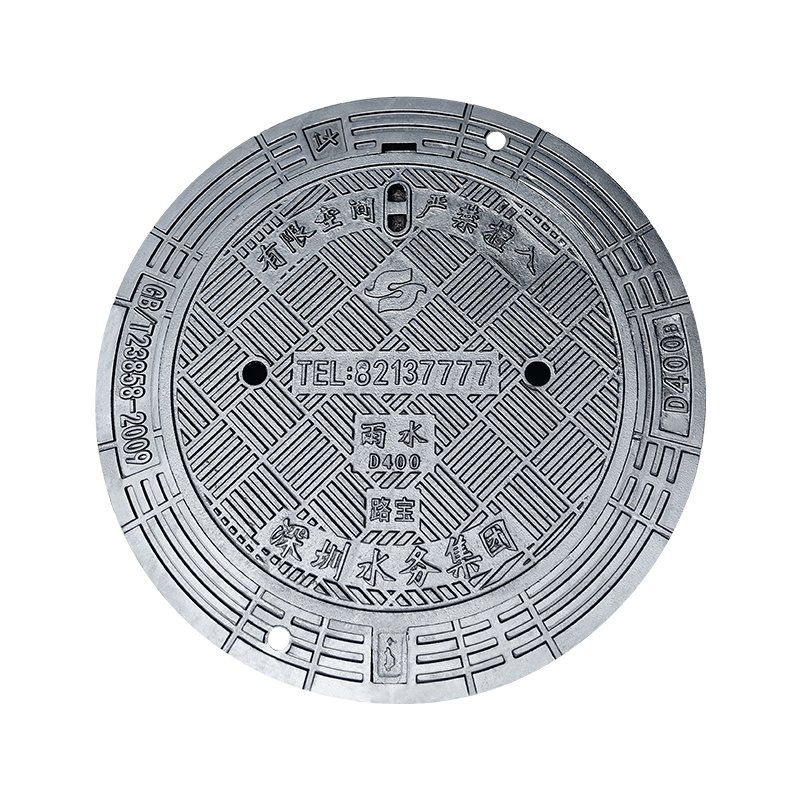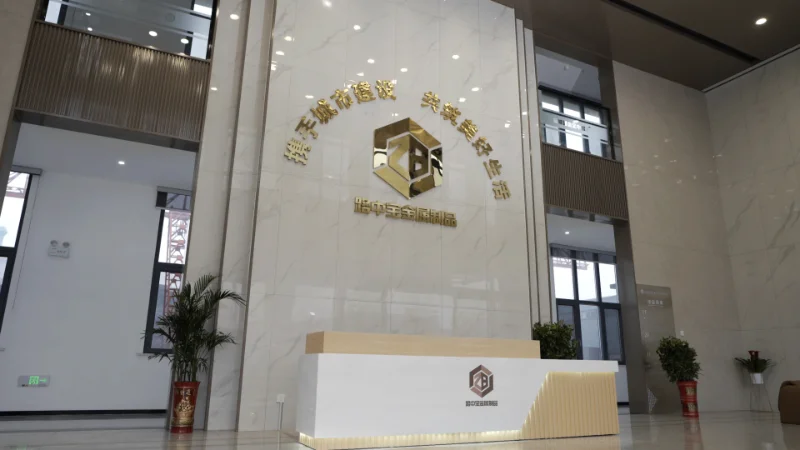Bulk procurement of circular manhole covers demands meticulous planning. These critical components ensure the safety and functionality of urban and industrial infrastructure. Substandard covers pose safety risks and incur hidden costs. To make informed decisions, comprehensive evaluation of material selection, quality standards, and structural specifications is essential. This guide outlines key factors influencing bulk purchases to secure long-term investment value and safety.

1. Material Selection & Performance
Core Materials:
Ductile Iron: High strength, extended lifespan; ideal for heavy-traffic zones but cumbersome for frequent access.
Steel: Lightweight yet corrosion-prone without robust protection (e.g., hot-dip galvanizing ≥85μm).
Composites (FRP): Corrosion-resistant and lightweight; verify load ratings match requirements (avoid for E600+/F900 loads).
Selection Criteria: Balance strength, weight, corrosion resistance, and cost based on:
① Traffic intensity ② Environmental corrosivity ③ Access frequency ④ Theft prevention needs.
2. Compliance & Quality Assurance
Non-Negotiable Standards:
EN 124 (Europe/Russia): Load classes from A15 (1.5 tons) to F900 (90 tons).
GB/T 23858 (China): Mandatory certification for public infrastructure.
Verification: Demand valid certificates (CE marks, type test reports) and factory audit records.
3. Durability & Lifecycle Cost (LCC)
Durability Factors:
Harsh Climates: Specify epoxy/polyurethane coatings for deicer/salt exposure.
Anti-Theft Design: Integrated locks (e.g., ASTM F2361 compliant) deter tampering.
Cost Analysis:
Reject abnormally low bids—indicator of compromised quality.
LCC Focus: Premium products reduce maintenance/replacement costs by 40–60% over 20 years.
Value-Added: Prioritize manufacturers offering ≥10-year warranties and technical support.
4. Logistics & Supply Chain Management
Critical Controls:
Pre-Shipment Inspection: Third-party verification of dimensions/coatings.
Storage Protocols: Composite covers require dry, <30°C storage.
Transport Safeguards:
Crush-proof packaging for diameters >700mm
GPS-tracked shipments
≤2% damage allowance clauses
5. Environmental Sustainability
Eco-Responsibility:
Metals: 95% recyclability (ductile iron/steel).
Composites: Select low-VOC resins (ISO 14001-certified producers).
End-of-Life: Partner with manufacturers offering take-back programs or certified recyclers.
6. Manufacturer Vetting
Key Indicators:
Industry Tenure: ≥10 years specializing in cover systems.
Innovation Capability: R&D investment in materials/IoT integration.
Reputation Verification:
Case studies from comparable projects (e.g., highway/airport deployments)
Client references confirming:
98% on-time delivery
≤0.5% defect rate
4-hour emergency response

Conclusion
Successful bulk procurement requires:
Material-performance alignment
Strict EN 124/GB/T 23858 compliance
LCC-driven cost modeling
Damage-proof logistics planning
Eco-certified suppliers
Manufacturer due diligence




